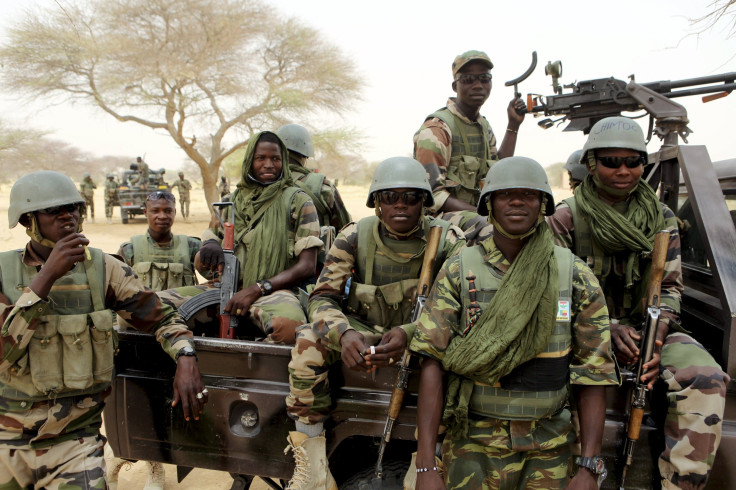Boko Haram: Will US Step Up Assistance To Nigeria After Successful Election?

At stake in Nigeria's presidential election this week was more than the future of the country's fragile democracy. From a U.S. perspective, the future of already strained relations with a key player in the battle against Islamic militants in Africa was in jeopardy.
During a visit to Nigeria in January, U.S. Secretary of State John Kerry told Nigeria's President Goodluck Jonathan and presidential candidate Gen. Muhammadu Buhari in January, “We want to do more,” in the battle against Boko Haram.
“Our ability to do more will depend … on the full measure of credibility, accountability, transparency and peacefulness of this election,” he added.
Election rigging was a key U.S. concern. In joint statements, cited by the Christian Science Monitor, Kerry and British Foreign Secretary Philip Hammond noted that “there are disturbing indications that the collation process -- where the votes are finally counted -- may be subject to deliberate political interference.”
Insofar as the election went, the U.S appears to have gotten what it wanted. Jonathan has conceded defeat, and the violence and fraud that have marred polls in other African nations in the past did not materialize.
A statement from the White House congratulated both candidates on their conduct during the campaign, while warning them to repeat calls to their supporters to continue to respect the outcome of the elections and urging them to lead Nigeria toward a peaceful transfer of power.
The U.S. provides Nigeria with military training and political and financial support for the efforts against Boko Haram, as well as assistance for populations displaced by the group.
What the U.S. does not provide, however, is lethal military assistance, and this refusal has driven relations between the two countries to a low ebb.
U.S. law bans the sale of lethal weapons to countries whose militaries are accused of serious human rights abuses, which includes Nigeria. The country's ambassador to Washington denounced a U.S. refusal late last year to sell weapons to Nigeria's military. In protest, Nigeria subsequently canceled U.S. military training of Nigerian soldiers.
Despite the refusal to provide weapons to Nigeria, U.S. interests are clearly at stake in the country. Boko Haram has pledged allegiance to the Islamic State group, and as Yemen, another key area of U.S. operations against Islamist militants, slides into chaos, concerns are mounting about the efficacy of U.S. counter-terrorism policy in the region.
Despite a lack of U.S. military equipment, Nigeria's government has gone on the offensive against Boko Haram in recent months, with some degree of success. President-elect Buhari has pledged to continue the fight, saying that the group will “soon know the strength of our collective will.”
The U.S. has made no comment on what kind of help it may provide Nigeria since the election, if indeed U.S. law and diplomatic relations allow it to ramp up its commitment to the fight.
© Copyright IBTimes 2024. All rights reserved.





















